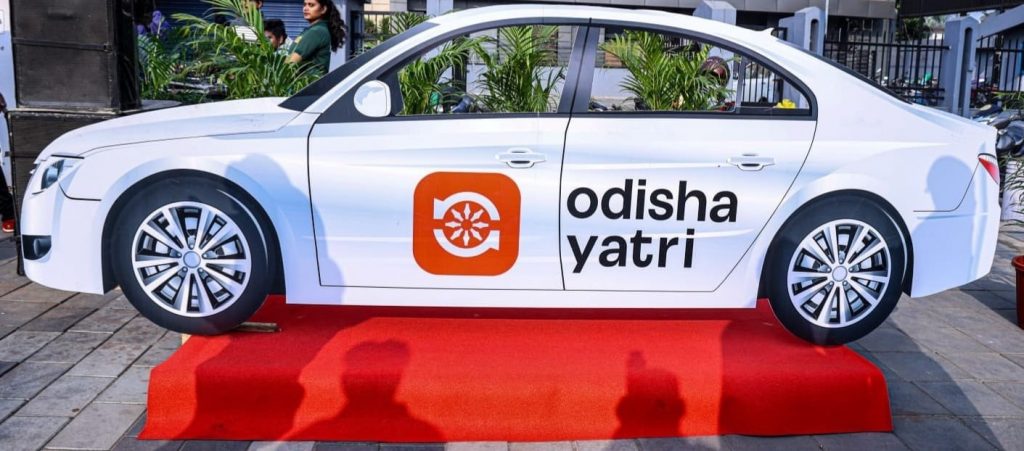Bhubaneswar: ‘Odisha Yatri’, an innovative mobility app launched for commuters in Bhubaneswar and Cuttack, will expand its offerings with deeper integration into public transport network and AI-powered safety protocols, Housing and Urban Development Minister Krushna Chandra Mahapatra said Wednesday. “With its zero-commission model and advanced safety features, the app is set to revolutionise urban mobility,” Mahapatra said. He emphasised that with safety at its core, ‘Odisha Yatri’ has quickly become a trusted travel companion for thousands of citizens.
Chief Minister Mohan Charan Majhi has formally launched ‘Odisha Yatri’, underscoring the state’s commitment to enhancing passenger safety and promoting smarter, more sustainable mobility options, the Minister added. “Today, ‘Odisha Yatri’ stands as a symbol of safe and reliable travel. It offers advanced features such as real-time trip tracking, live trip sharing, and a robust emergency assistance system integrated with the Odisha Police 112 helpline,” he said. Mahapatra highlighted that drivers undergo thorough background checks and regular safety training, ensuring a trusted network dedicated to passenger well-being.
Read Also: Blackbuck population in Odisha’s Ganjam rises to 8,789
Unlike traditional ride-hailing apps that charge high commissions, ‘Odisha Yatri’ operates on a unique zero-commission model, allowing drivers to retain 100 per cent of their earnings. This initiative has not only improved livelihoods but has also encouraged drivers to provide exceptional service. Commuters are also benefiting from this innovation. “The app’s user-friendly interface simplifies trip booking, while the live trip-sharing feature provides peace of mind to loved ones waiting at home.
Currently, 36,297 users are registered, while 1,21,242 users are actively using ‘Odisha Yatri’,” the Minister stated. As Odisha moves towards a more developed future, ‘Odisha Yatri’ is leading the way in redefining urban transport. With each safe and seamless journey, it is building a smarter and more inclusive future, he concluded.
